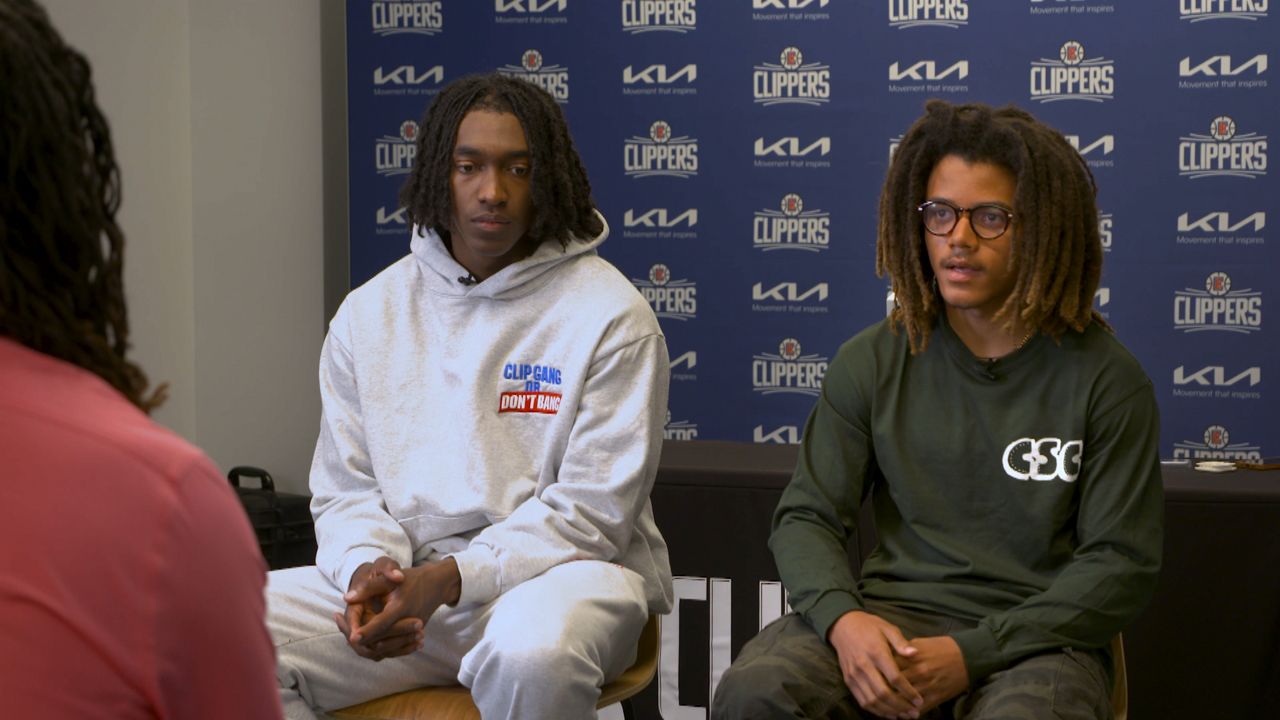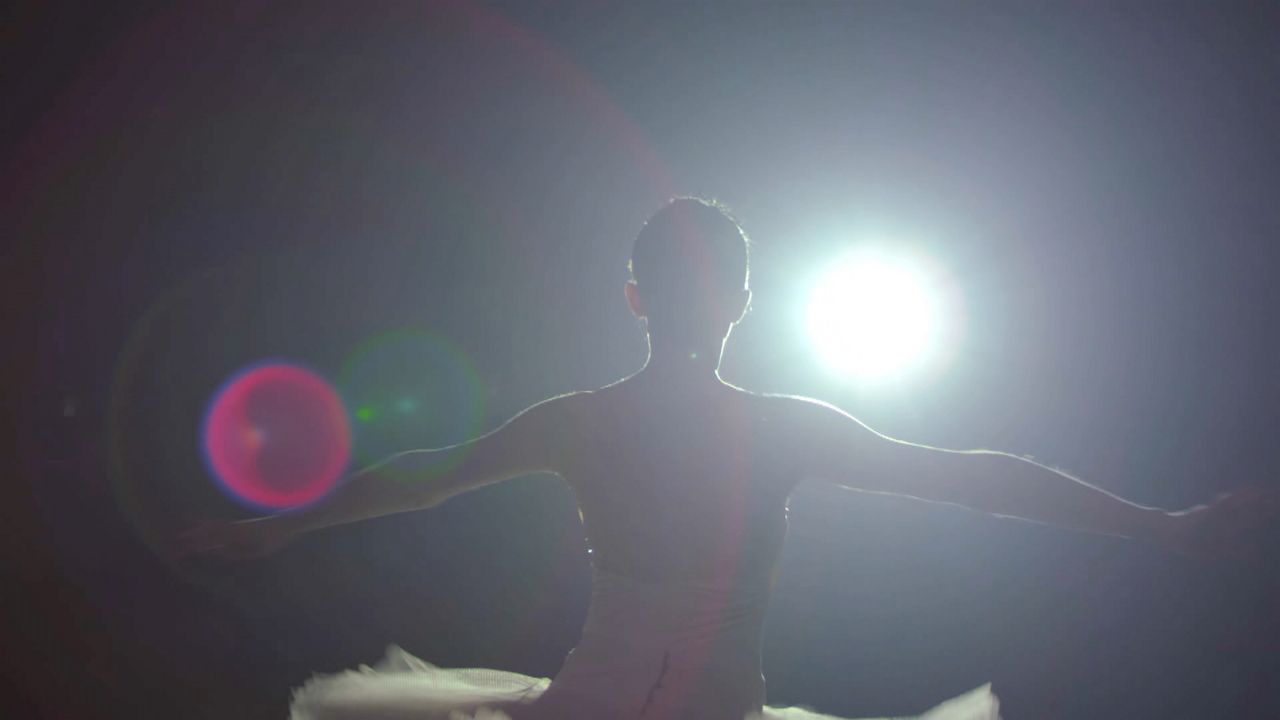Kareem Abdul-Jabbar retired as the NBA's all-time leader in points scored.
His legacy also includes a lifetime of activism, and he's written several articles on social reform for the Los Angeles Times. Last month, the NBA announced a new award, named in Abdul-Jabbar's honor, that recognizes a player committed to community action, social change and justice. In an interview for "LA Times Today," Abdul-Jabbar joined Spectrum News 1 anchor Kelvin Washington with more.
What You Need To Know
- Kareem Abdul-Jabbar retired as the game's all-time leader in points scored
- Abdul-Jabbar's legacy also includes a lifetime of activism, and he's written several articles on social reform for the LA Times
- Last month, the NBA announced a new award named Abdul-Jabbar's honor
- The social justice award recognizes the player committed to community action, social change, and justice
Regarding the new social justice award, Abdul-Jabbar says he feels like he is standing on the shoulders of Jackie Robinson, Bill Russell and Muhammad Ali. But he also noted that activism has shifted in recent decades.
"I am just carrying on the good work they tried to do, and that is all it was for me," Abdul-Jabbar said. "I think the '80s and '90s were a time when Black Americans were trying to figure out the landscape. There was a time when many Black Americans became involved in politics, and the focus was on what had been achieved. And I think it got out of sight. We live in a country where we have setbacks, so it is really the same landscape."
In recent years, athletes like LeBron James who have spoken out against racial and social justice issues have faced backlash. Abdul-Jabbar said he's faced similar reactions throughout his career.
"When Dr. King was assassinated, I was involved in a demonstration at UCLA, and I had people come up to me and tell me that I was probably going to have a job in the NBA one day, and that I should not complain. And it is the same sentiment. When LeBron James was told to 'shut up and dribble,' he is being told that even though he is a citizen of this country, he does not have the right to talk about things that trouble him."
Abdul-Jabbar, whose father was a longtime member of the New York Police Department, explained how he continues to be proud of his father today.
"My father was one of the first groups of Black police officers that were not told that they could not arrest white people. All the Black and brown people I knew were proud of what he was doing because he made a difference. He received two commendations from the mayor of New York for bravery beyond the call of duty. I cannot help but be proud of him."
When it comes to the relationship between the Black community and law enforcement, Abdul-Jabbar says there has to be some communication to improve those relations.
"A lot of the fallout from Colin Kaepernick's demonstrations have led to progress," he said. "Different teams have players on their rosters who have reached out and have made significant connections with law enforcement and the communities they play in. So it was not wasted time. A lot of these things happen out of the spotlight."
To explain the impact of protests in the U.S., Abdul-Jabbar narrated and was the executive producer for a new documentary for the History Channel called "Fight the Power: The Movements That Changed America."
"No matter where you come from, no matter what your issues are, Americans are going out to protest to make America a better place," he said. "So I will try and give every angle that I can to show that it is coming from one single need for people who get treated badly. They need to be able to let people know about it and change that situation.”
Watch "LA Times Today" at 7 and 10 p.m. Monday through Friday on Spectrum News 1 and the Spectrum News app.
NBA social justice award is named after Lakers great Kareem Abdul-Jabbar https://t.co/kGWI4kSIAY
— Los Angeles Times (@latimes) May 13, 2021











